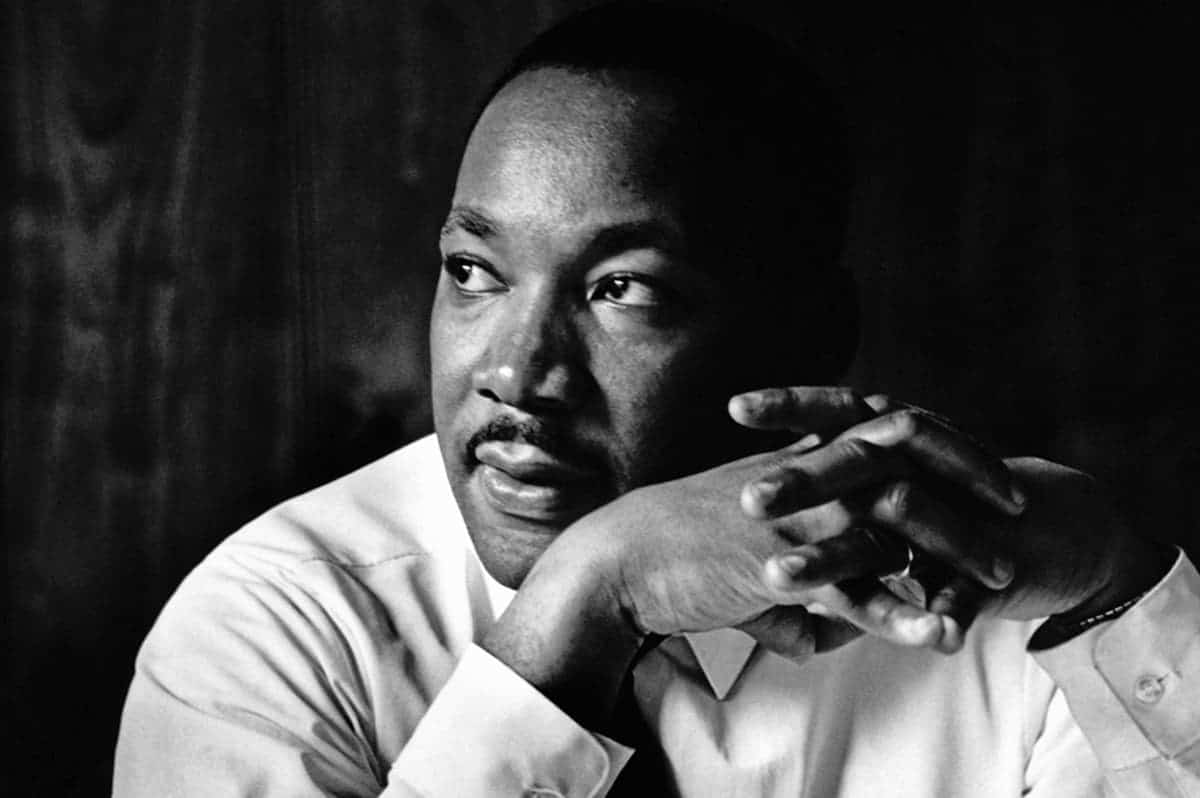Three Leadership Lessons from Dr. Martin Luther King Jr.

As we celebrate what would have been Dr. Martin Luther King Jr.’s 93rd birthday, it is a helpful exercise to reflect on his life and legacy. While he is most known for his civil rights activism, his philosophy can also be applied to a number of other domains. In today’s post, we wanted to explore one of these domains by highlighting three key leadership lessons from Dr. King.
Engage others. A large part of Dr. King’s success was due to the fact that he was able to gain the commitment of others for the cause. This is critical because no change can be created and sustained in a vacuum, as it is very much so a team effort. So how was this done? He regularly interacted with people (including community leaders), solicited their feedback, and took into account their opinions in his practices.
Embrace discomfort. During the Civil Rights Movement, it was not uncommon for Dr. King and his followers to be subjected to both verbal and physical attacks–often times even resulting in serious injury or worse. Leading a movement such as the Civil Rights Movement, especially during a time period where it was incredibly dangerous to be vocal, took an immense amount of bravery and comfort with the discomfort. While the threat of attacks, such as those to which Dr. King and his followers were subjected are not common in the modern workplace, the lesson still resonates today: Do not shy away from uncomfortable situations as a bit of “good trouble” can be what is necessary to have positive change. In fact, Dr. King spoke of this in his Birmingham letter, where he noted, “I have earnestly worked and preached against violent tension, but there is a type of constructive nonviolent tension that is necessary for growth.”
I have a dream that my four little children will one day live in a nation where they will not be judged by the color of their skin, but by the content of their character. -Dr. Martin Luther King Jr.
Lead with character. Beyond everything else, maintaining authenticity with your values and leading with character is one of the most crucial elements of successful leadership. In Dr. King’s renowned “I have a dream” speech, he noted, “I have a dream that my four little children will one day live in a nation where they will not be judged by the color of their skin, but by the content of their character.” Character is something that was incredibly important to Dr. King as he regularly strove to live by his core values. When The Harvard Business Review interviewed Bill George, a fellow at Harvard Business School and expert in leadership about Dr. King and his legacy, he noted, “In a very real sense, the character you demonstrate in achieving your purpose is the legacy you leave to those leaders coming along behind you.”
We hope that as you reflect on Dr. King’s legacy this week, you can seek to apply some of these philosophies into your own practice.
